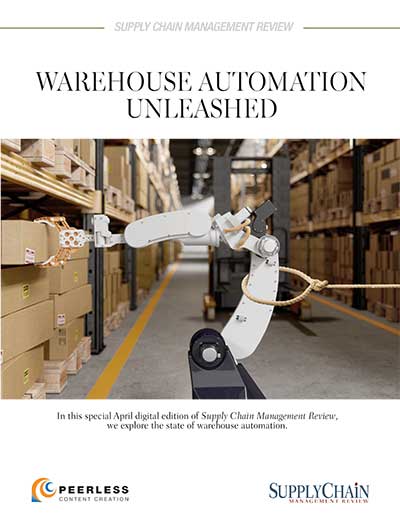While many auto executives (42.3 percent) expect more industry recalls in 2015 and 2016, just 8 percent use advanced predictive analytics to help prevent, prepare for, and manage recalls, according to a recent online poll from Deloitte. Nearly one-quarter (23 percent) have no operational product safety and recall anticipatory analytic capabilities.
“The essential paradox is this: today's vehicles are among the highest quality ever produced from a safety and reliability standpoint; innovations in technology have accelerated such that manufacturers can now identify emerging safety and quality issues much sooner than before; and, regulatory scrutiny of the auto industry has increased dramatically during the past 12-18 months,” said Robert Biskup, Deloitte Advisory director, Deloitte Financial Advisory Services LLP, and former automotive industry chief compliance officer. “While adequate early warning systems seem within reach, not all are taking advantage.”
Taking the Rear View
Derek Snaidauf, Deloitte Advisory senior manager in advanced analytics, Deloitte Transactions and Business Analytics LLP, added, “Many automakers still take a manual, rearview-mirror approach to vehicle quality and safety. But, leading OEMs are starting to adopt innovative analytic capabilities like proactive sensing for early issue identification and command centers for campaign management. By cross-source correlating internal and external data sources, employing specialized advanced analytics, and leveraging interactive visualizations, these companies can improve customer satisfaction, vehicle safety, and brand perceptions. They also can realize significant reductions in their total cost of quality spend.”
Most respondents (90.8 percent) indicated that recalls are impacting the working relationships between suppliers and original equipment manufacturers (OEMs).
In an interview with SCMR, Snaidauf added that reverse logistics providers can leverage analytics by collaborating closely with manufacturers that employ these capabilities to proactively sense potential product problems.
“Doing so allows everyone to better anticipate product quality and customer satisfaction and in this respect can really benefit suppliers and other downstream supply chain participants.” he said.
High Stakes
“Because the stakes are so high in recall management, it now makes even more sense for traditional automakers and those within their supply chains — particularly new industry entrants — to consider investing in predictive analytics capabilities that can help detect trouble earlier,” said Bruce Brown, principal and U.S. automotive and off-highway consulting practice leader, Deloitte Consulting LLP. “Once in place, those competencies can also facilitate richer collaboration and communication between involved parties in times of investigation or crisis.”
One of the biggest challenges to OEM-supplier collaboration in preventing, preparing for and managing recall-related events was ineffective communication channels (21.7 percent).
SC
MR

Latest Supply Chain News
- Tech investments bring revenue increases, survey finds
- Survey reveals strategies for addressing supply chain, logistics labor shortages
- Israel, Ukraine aid package to increase pressure on aerospace and defense supply chains
- How CPG brands can deliver on supplier diversity promises
- How S&OP provides the answer to in-demand products
- More News
Latest Resources

 Explore
Explore
Topics
Latest Supply Chain News
- Tech investments bring revenue increases, survey finds
- Survey reveals strategies for addressing supply chain, logistics labor shortages
- Israel, Ukraine aid package to increase pressure on aerospace and defense supply chains
- How CPG brands can deliver on supplier diversity promises
- How S&OP provides the answer to in-demand products
- AI, virtual reality is bringing experiential learning into the modern age
- More latest news
Latest Resources

Subscribe

Supply Chain Management Review delivers the best industry content.

Editors’ Picks





